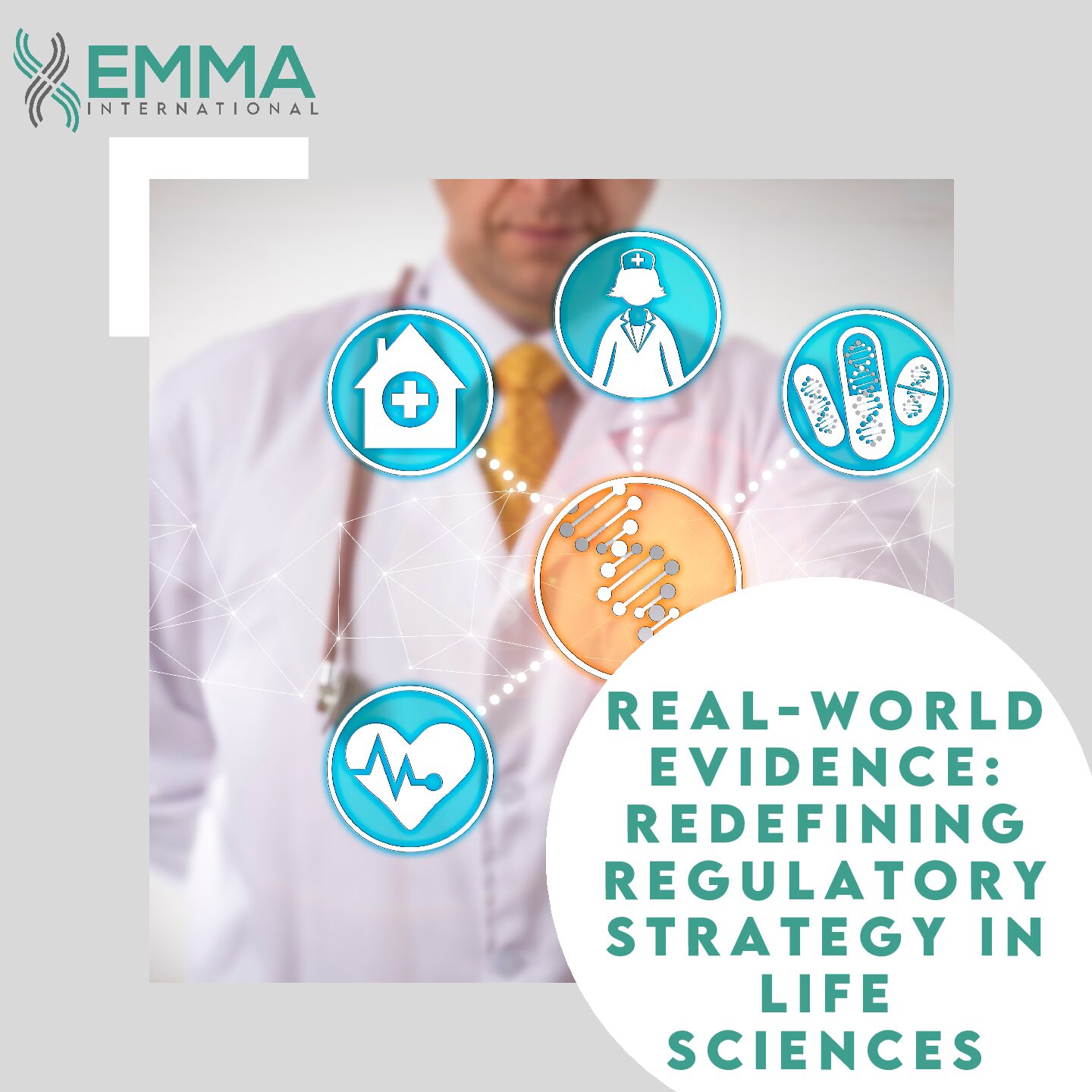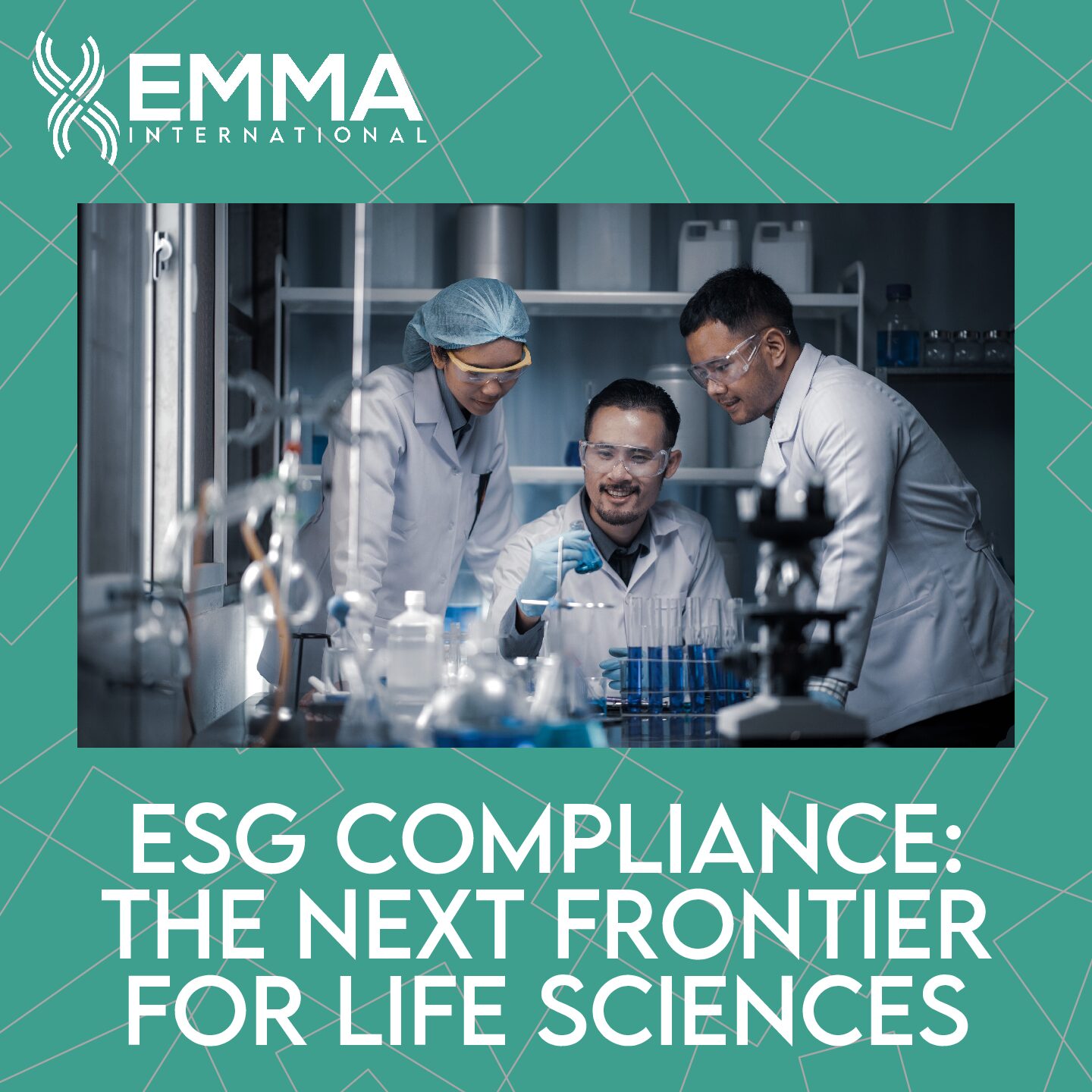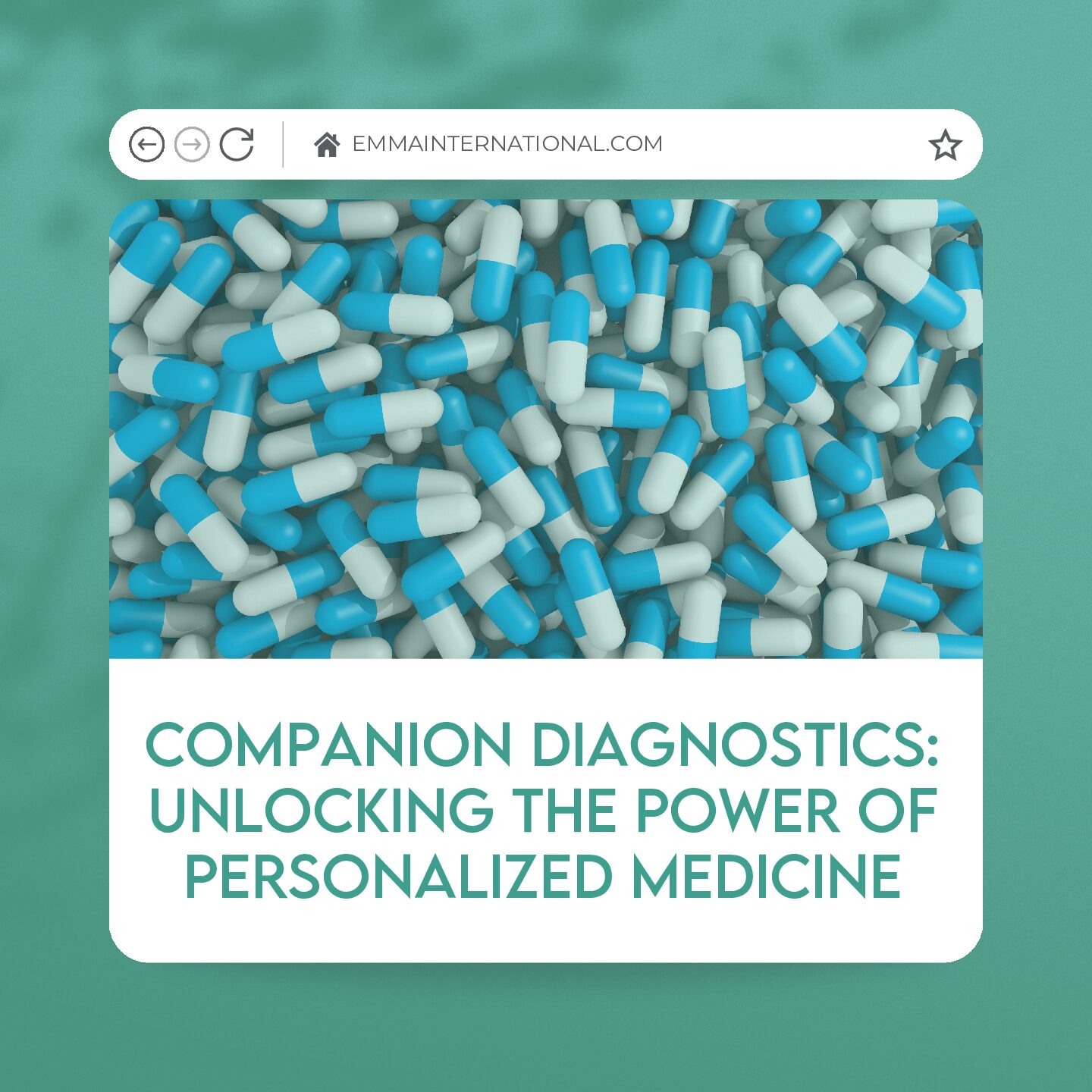The pharmaceutical industry is a cornerstone of modern healthcare, with a mission to improve and save lives. It is also a massive global business, with a complex web of economic, scientific, and political interests. Geopolitics, the art and science of international relations, plays a significant role in shaping the pharmaceutical landscape. In this blog, we will explore the intricate interplay between geopolitics and the pharmaceutical industry, examining how international politics can impact drug development, distribution, and access to healthcare.
Drug Development and Intellectual Property
One of the most significant ways geopolitics influences the pharmaceutical industry is through intellectual property laws and international trade agreements. Patent protection, regulatory standards, and trade negotiations all intersect to shape the environment in which pharmaceutical companies operate.
Intellectual Property Rights: Patents grant pharmaceutical companies’ exclusivity and financial incentives to develop new drugs. Geopolitical decisions can impact patent laws, with some countries allowing more extensive patent protection, while others may seek to reduce pharmaceutical patent monopolies. This balance affects pricing, access, and competition in the pharmaceutical market.
Trade Agreements: International trade agreements like TRIPS (Trade-Related Aspects of Intellectual Property Rights) and bilateral trade deals can influence drug access and pricing. Negotiations often include discussions on pharmaceuticals and intellectual property rights, impacting global health.
Access to Medicines
Access to affordable medicines is a pressing issue worldwide. Geopolitical factors affect both the affordability and availability of drugs, especially in lower-income countries.
Price Negotiations: Countries with significant pharmaceutical industries may use their geopolitical leverage to negotiate lower drug prices. They can threaten to grant compulsory licenses for generic versions of drugs, which can result in more favorable pricing for their populations.
Global Health Initiatives: Geopolitical factors play a role in shaping global health initiatives such as the World Health Organization’s (WHO) efforts to improve access to essential medicines. The allocation of funding and resources is often influenced by geopolitical considerations.
Regulatory Harmonization
Harmonizing pharmaceutical regulations across borders is essential to facilitate international drug trade. However, achieving regulatory alignment is a complex process influenced by geopolitical considerations.
Regulatory Recognition: Geopolitical tensions can impact the recognition of regulatory authorities from different countries. The acceptance of drug approvals and safety standards can be influenced by political relations and trust between nations.
Drug Safety and Quality: The pharmaceutical industry is under the constant scrutiny of regulatory bodies. Geopolitical factors can affect the standards and enforcement of drug safety, impacting public health and market access.
Supply Chain and Manufacturing
Pharmaceutical supply chains are a global network, with various raw materials, ingredients, and products crossing borders. Geopolitical instability or trade disruptions can significantly affect the supply chain.
Supply Chain Vulnerabilities: Political tensions or trade disputes can disrupt the flow of pharmaceutical ingredients and finished products, leading to shortages and price spikes.
Strategic Manufacturing: Some countries may use pharmaceutical manufacturing as a strategic tool, ensuring that they have control over essential medicines during times of crisis.
The pharmaceutical industry operates at the nexus of science, economics, and geopolitics. The impact of geopolitics on the pharmaceutical industry is far-reaching and multi-faceted. Decisions about intellectual property, access to medicines, regulatory harmonization, and supply chain security are all influenced by the ever-evolving geopolitical landscape. As the world continues to grapple with global health challenges, the interplay between geopolitics and pharmaceuticals will remain a crucial consideration for governments, industry stakeholders, and patients seeking affordable and accessible healthcare. Balancing the interests of global health with those of pharmaceutical innovation remains an ongoing challenge, with geopolitics acting as a defining factor in this complex equation.
EMMA International has the expertise you need for all your global operational needs! Contact us today at 248-987-4497 or email info@emmainternational.com to learn more!





